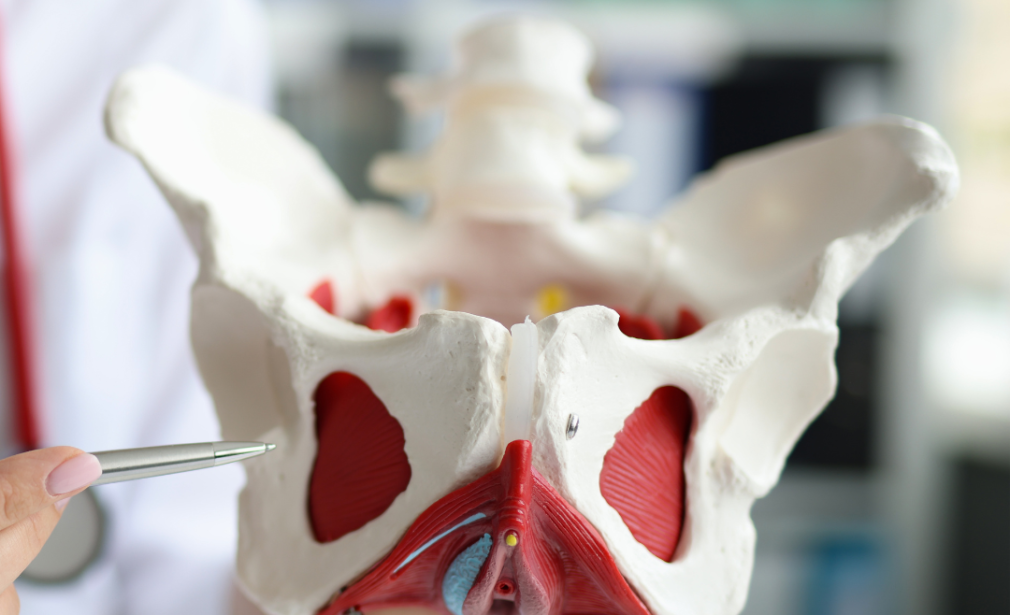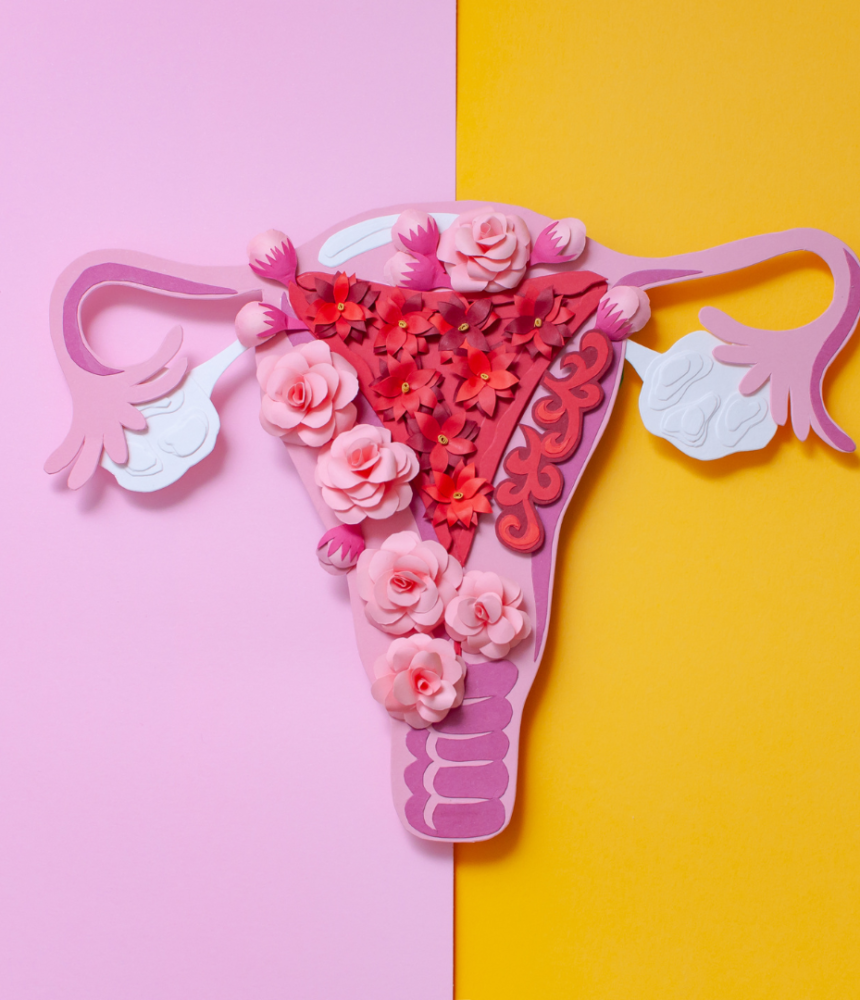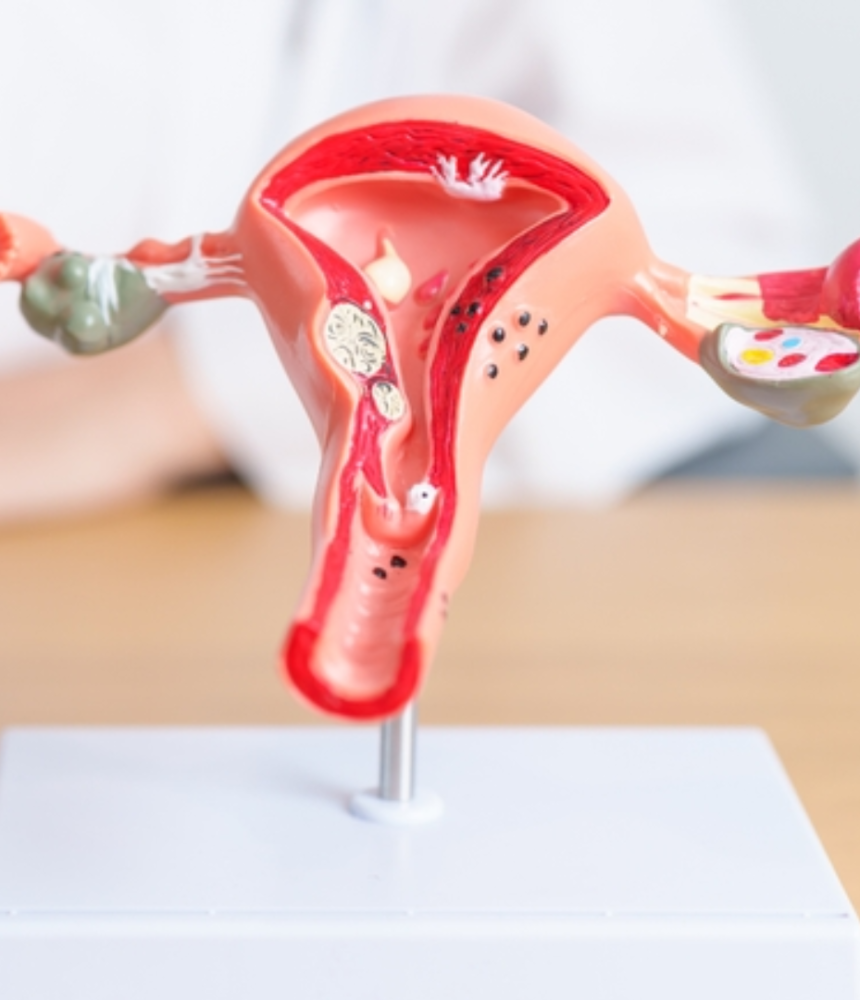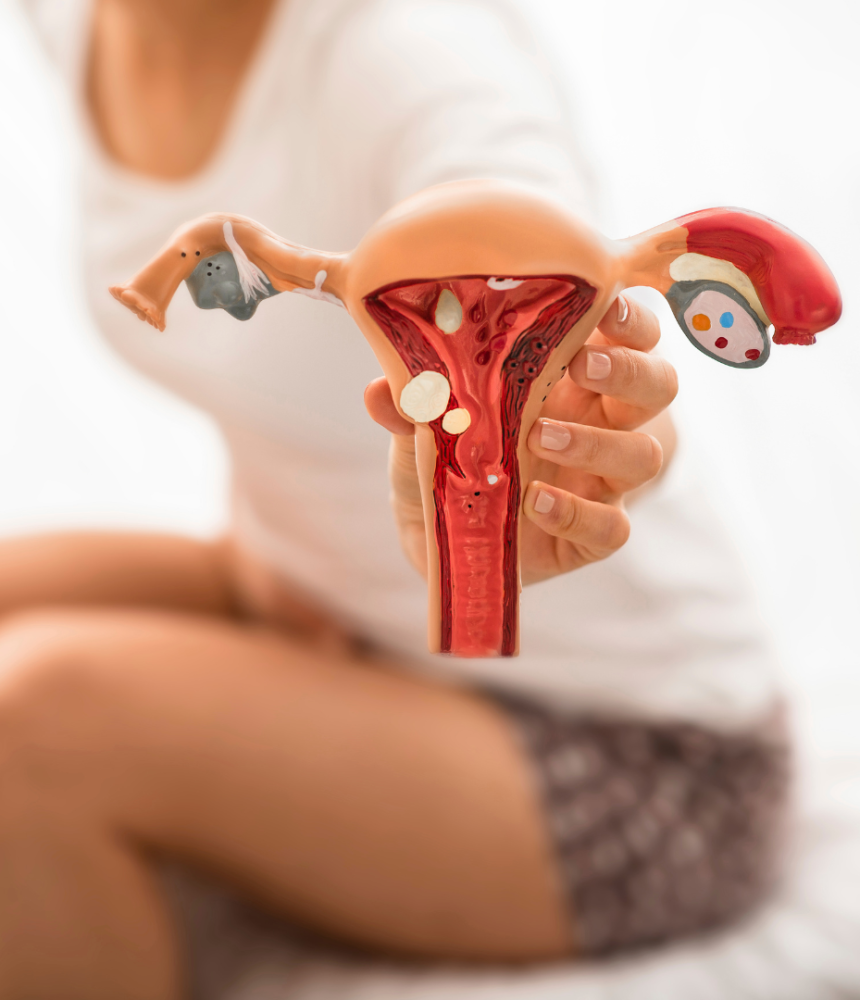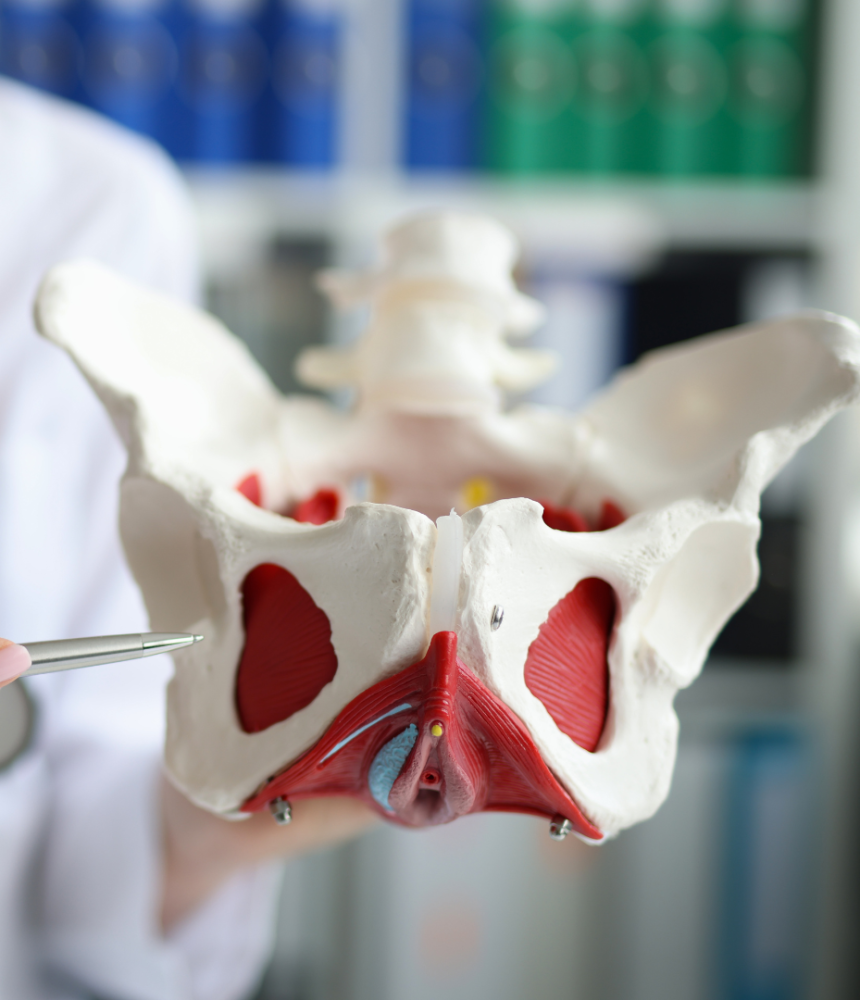Pelvic Organ Prolapse Treatment in Kolkata
Pelvic Organ Prolapse (POP) happens when the muscles and connective tissues supporting the pelvic organs become weakened or stretched. As a result, organs like the bladder, uterus, or rectum may slip out of their usual positions and bulge into the vaginal canal. This shift can cause symptoms such as pelvic discomfort, urinary irregularities, and trouble with bowel function.
At Gynae Care Kolkata, Dr Sujata Datta, a leading gynaecologist in Kolkata, offers advanced treatment options to provide long-term relief and restore pelvic health.
Common Causes of Pelvic Organ Prolapse
Pelvic organ prolapse can be caused by various factors that weaken the pelvic floor muscles and connective tissues, including:
- Pregnancy and Childbirth: Vaginal delivery puts significant strain on the pelvic floor.
- Aging and Menopause: Decreased oestrogen levels can weaken pelvic tissues.
- Chronic Straining: Long-term constipation or heavy lifting increases pressure on the pelvic muscles.
- Obesity: Excess weight adds pressure to the pelvic organs.
- Previous Pelvic Surgery: Surgical procedures, such as a hysterectomy, may be followed by prolapse of the top of the vagina- vault.
- Genetic Factors: A family history of weak connective tissues can increase the risk.
Symptoms of Pelvic Organ Prolapse
Women experiencing pelvic organ prolapse may notice the following symptoms:
- A bulging sensation or feeling of pressure in the vaginal area
- Difficulty emptying the bladder
- Pain or discomfort during intercourse
- Chronic lower back pain
- Difficulty with bowel movements
- Feeling like something is “falling out” of the vagina
- Vaginal dryness or irritation
Treatment Options for Pelvic Organ Prolapse
At Gynae Care Kolkata, we provide comprehensive treatment solutions tailored to each patient’s needs.
1. Non-Surgical Management:
- Pelvic Floor Exercises (Kegels): Strengthen pelvic muscles to provide better support.
- Pessary Devices: Vaginal devices that provide support for prolapsed organs.
- Hormonal Therapy: Oestrogen supplements may help improve tissue strength in postmenopausal women.
2. Surgical Options:
Pelvic Reconstructive Surgery: Repairs weakened tissues and ligaments to restore organ position, and hitch up the prolapsed organs to their original position
Hysterectomy (if required): In cases of severe uterine prolapse.
Life After Pelvic Organ Prolapse Treatment
Most women experience significant improvement in their quality of life following treatment. Post-treatment care includes:
- Pelvic floor exercises to strengthen muscles and prevent recurrence.
- Lifestyle modifications, such as weight management and avoiding heavy lifting.
- Regular follow-ups to monitor pelvic health.
- Healthy bladder and bowel habits to minimize straining.
Consult Dr Sujata Datta for Expert Pelvic Organ Prolapse Treatment in Kolkata
If you are experiencing symptoms of pelvic organ prolapse, don’t delay seeking expert care. At Gynae Care Kolkata, Dr Sujata Datta provides advanced, individualized treatment solutions to help you regain confidence and comfort.
Take control of your pelvic health today.
Book a consultation now!

